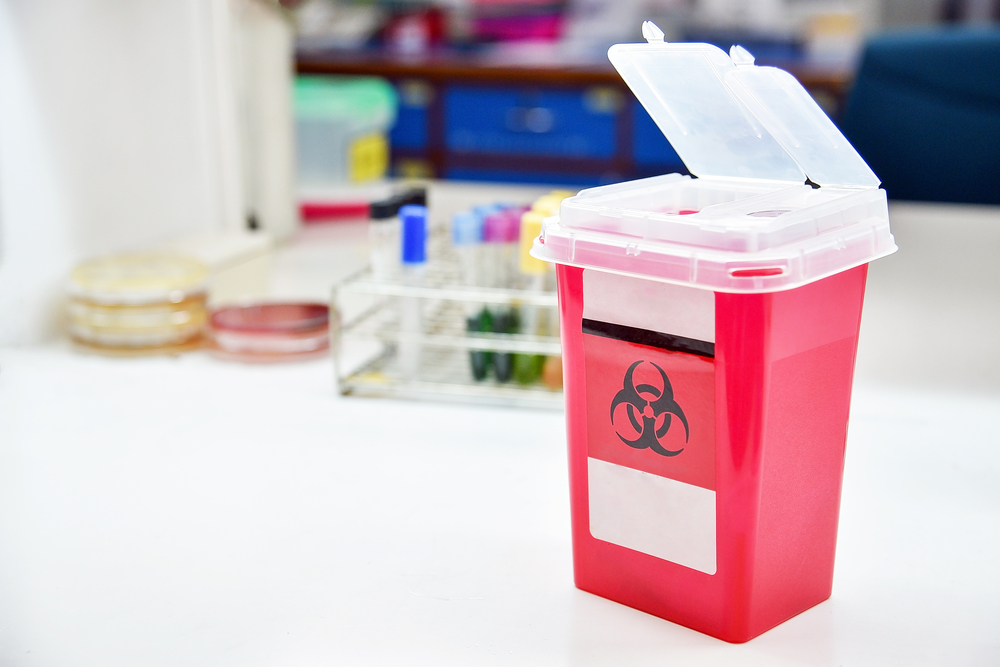
In an effort to improve international biosafety and security, the Sandia National Laboratories have created a peer mentorship program to pair experts from developed and developing nations.
The program has been dubbed the Biosafety Twinning program. It operates in six-month terms, focusing on self-selected projects under the greater goal. The focus is to improve capabilities in Middle Eastern and North African institutions, with projects then discussed at annual conferences.
It’s an extension of the labs’ International Biological and Chemical Threat Reduction group, which has been tackling the issue for more than 15 years through a variety of programs.
“For me, the primary purpose of the Twinning program is to create this large network that’s going to survive for decades,” Eric Cook, a Sandia biorisk management expert, said, “The networking doesn’t just happen East-to-West. The networking happens within the region as well.”
What Cook has envisioned with this program is an essentially self-sustaining network that unites thought from animal, governmental research, and university facilities. Therefore, if anyone of them encounters an issue they may not be familiar with, they have a host of other experts from different fields to call upon for support.
Thus far, the U.S. Department of State Biosecurity Engagement Program has funded five classes in the Middle East and North African regions for such twinning operations and an additional two in greater Africa. The Defense Threat Reduction Agency will also begin funding a class in mid-November.
Examples of projects already undertaken include developing a biorisk management structure for some of Egypt’s Ministry of Health labs and surveying researchers and health care workers in Libya to identify gaps in university lab training–a project which turned into designing basic curriculums for biorisk management training altogether.




